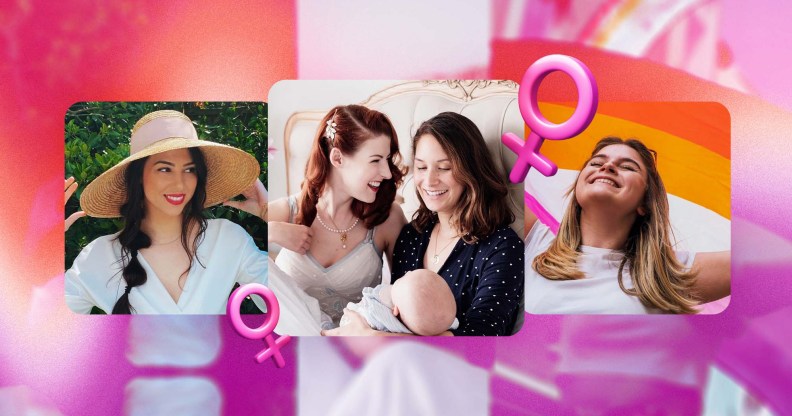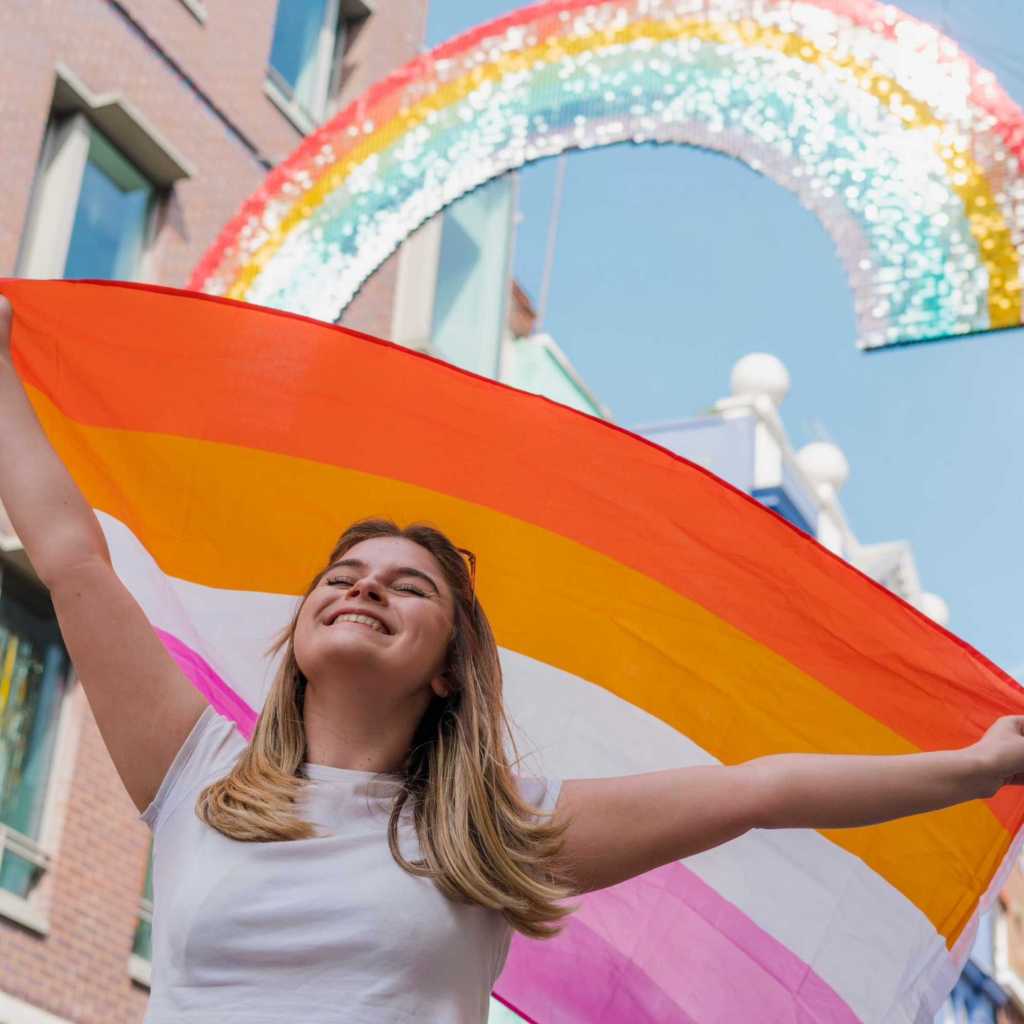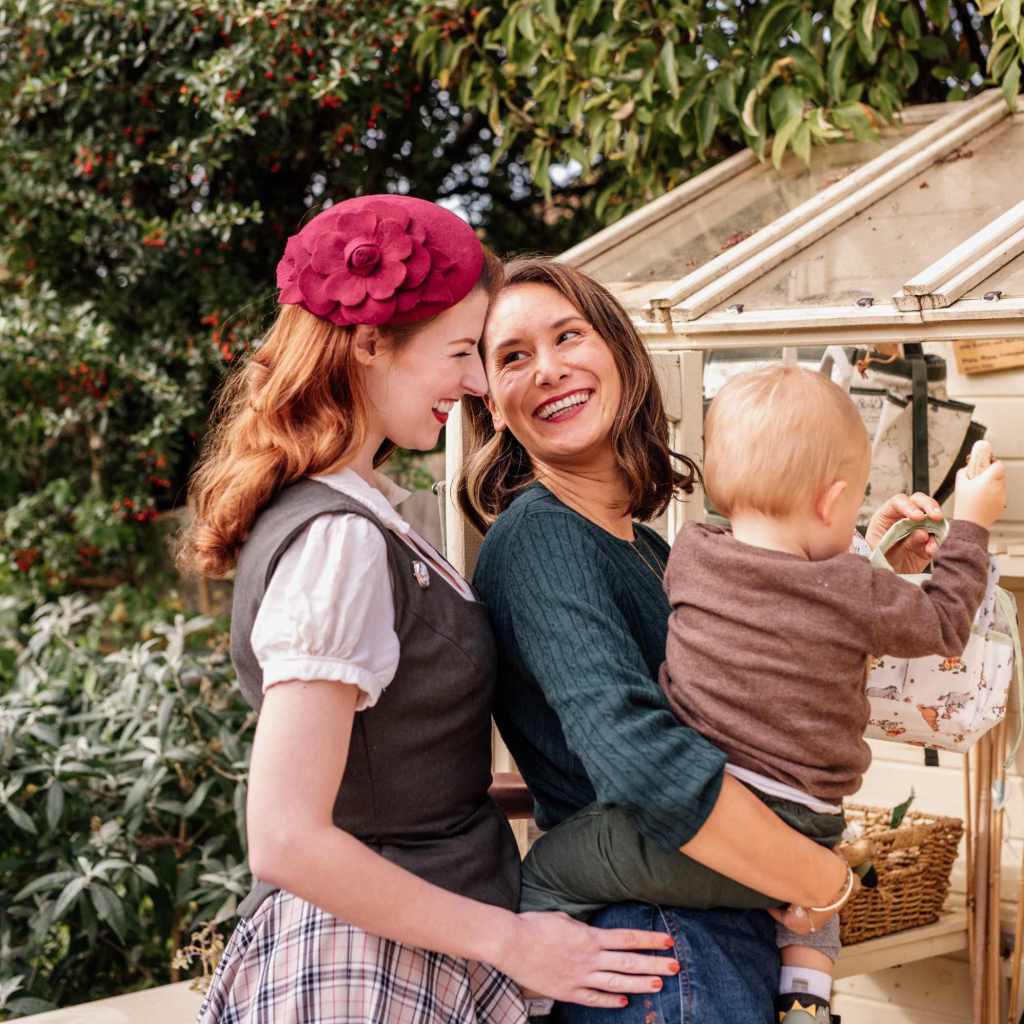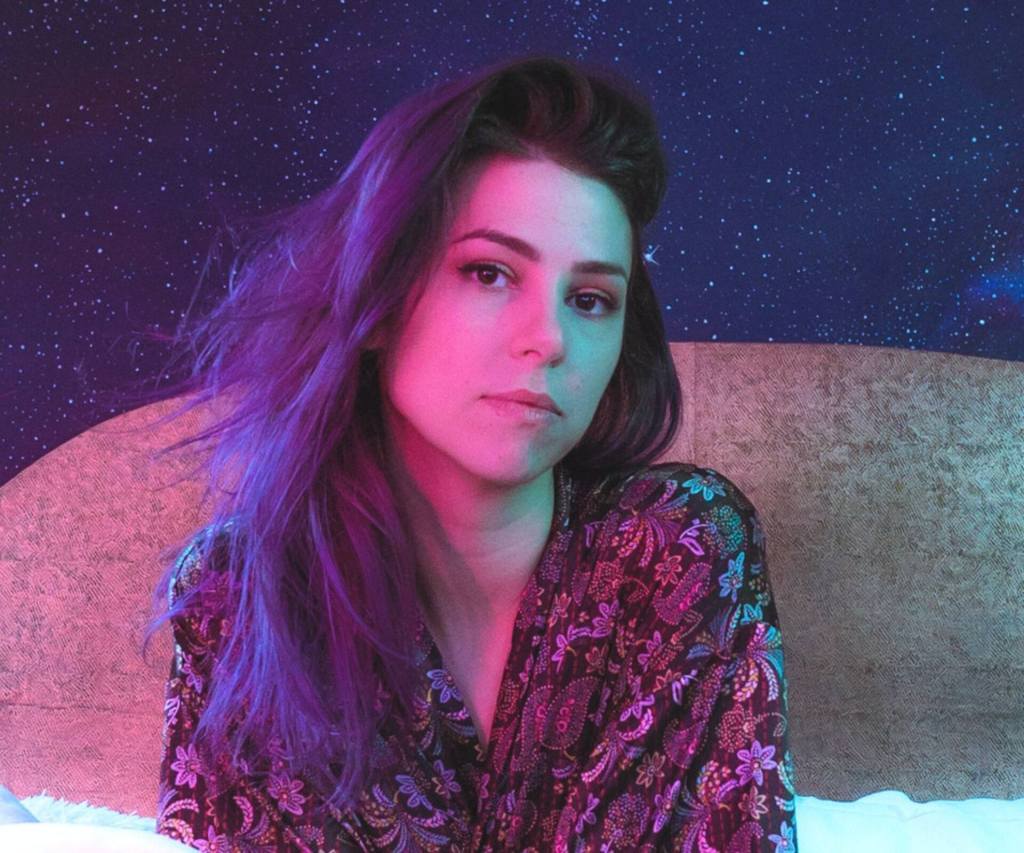Women using queer joy, beauty and ‘mundane moments’ to counteract trauma

Stevie Boebi, Jessica and Claudia Kellgren-Fozard, and Katie Budenberg. (Supplied/Instagram)
Stevie Boebi, Jessica and Claudia Kellgren-Fozard, and Katie Budenberg. (Supplied/Instagram)
For LGBTQ+ people, social media can be a minefield.
Social media is an invaluable – if addictive – tool of connection, communication and entertainment, one that has fundamentally altered how the human race interacts.
While it’s helped LGBTQ+ people find community in new ways, social media can also become a deep, dark rabbit hole filled with reports of human rights abuses, hate crimes and conspiracy theories.
With feeds designed to be endless, it’s easy to fall into a hole of consuming negative story after negative story – a habit known as doom scrolling, which has been shown to have a very real effect on our health. Researchers have observed disturbed sleep patterns, increased anxiety and stress levels, isolation and even symptoms of PTSD in individuals who consume such content.
There are many women who are trying to counteract this, using their platforms to showcase unadulterated queer joy, alongside all the nuances and intricacies of being a queer person in 2023.
Katie Budenberg’s social media presence began as a body positivity account, but has transitioned into a comedy-cum-lifestyle blog featuring a potato costume and her adorable cat Sammy.
She says positive content created by queer women for queer women is an important way of stopping “people treating us like we’re just trauma porn”.

“I feel like even in a lot of more recent LGBTQ+ films and TV, people still treat us like a sob story,” Katie tells PinkNews, “and I don’t want to see that all the time. It’s traumatic to see that all the time.”
“We need to see the joys of being gay. We need to see how nice it is to be gay rather than just constantly reading about the doom and gloom and awfulness,” she adds.
While she understands the importance of raising awareness of attacks on LGBTQ+ rights, Katie struggles with being constantly sent “horrendous and traumatising” articles by her followers which they believe she should use her platform to discuss.
The human brain, research suggests, is hard-wired to hone in on negative news content because it invokes our evolutionary mechanism to anticipate danger and protect ourselves.
We seek out and more readily consume negative news stories as a means of understanding what could pose a danger to us, preparing ourselves for that danger and, through being informed about the danger, thus protecting ourselves from it.
The more this content is consumed, the more it is pushed to the top of feeds by algorithms which equate engagement with enjoyment. It is the modern equivalent of printed newspapers flying off the stands if the front page features a particularly grizzly or traumatic tale.

Budenberg wants to create a “safe space” for her queer followers away from queer trauma – a mentality shared by married YouTubers Jessica and Claudia Kellgren-Fozard, who post about fashion, disability and family life with their son, Rupert.
“The reason I create content is to make people feel good,” Jessica tells PinkNews.
“To have had the internet be a bigger thing when I was a disabled gay teenager would have been massive. I would have felt so much less alone.
“So now I create content so that people can feel positive, happy feelings, that I know I would have massively benefited from.
“We don’t obviously say everything is amazing all the time. I have a chronic illness and a disability. I’m not going to say my life is 100 per cent easy and I don’t have bad days… but we show that it can also be so amazingly wonderful, and joyful. To show the beauty in that and that having those boring, mundane moments can be someone’s beautiful dream.”
She adds: “For me, when I was younger I didn’t know that I could one day get married and have children. I didn’t know that was possible and that it was an option open to me.”
Jessica and Claudia know for a fact that their uplifting, joyful style of content is needed, because their followers have told them how important it is to them.
“So many people were reaching out and saying ‘Thank you for showing that you can live a positive happy family life [as an LGBTQ+ person]’ that we actually made a whole playlist called ‘Ask Your Lesbian Mums’, where we basically get our audience to put forward questions,” Claudia says.

Influencer and educator Stevie Boebi – who is best known for her Lesbian Sex 101 series – does not feel there is necessarily a shortage of positive queer content “in our current rainbow-washed, corporate-Pride-ad-friendly 2023”.
“I think it’s important that queer folks have access to a wide range of content made by queer people,” she tells PinkNews. “Raunchy content. Honest content. Raw, angry, educational, funny, brave, political, and even mediocre content.
“Where is the line drawn between positive and negative content, anyway?” she adds. “If I smile and film my skincare routine while talking about the fact that disabled people still don’t have marriage equality will that keep it in the positive category?”
Stevie tries to make all of her content with “little Stevie in mind”. However, she admits this is difficult when decisions around content creation are “directly at odds with navigating the ever-changing and often discriminatory algorithms”.
She said: “I think the level of responsibility that comes from having an audience that looks up to you is impossible to understate. When you post content on the internet, your viewers are completely invisible to you.
“You cannot predict their age or culture or level of vulnerability. They could be anyone and they could be everyone.”

